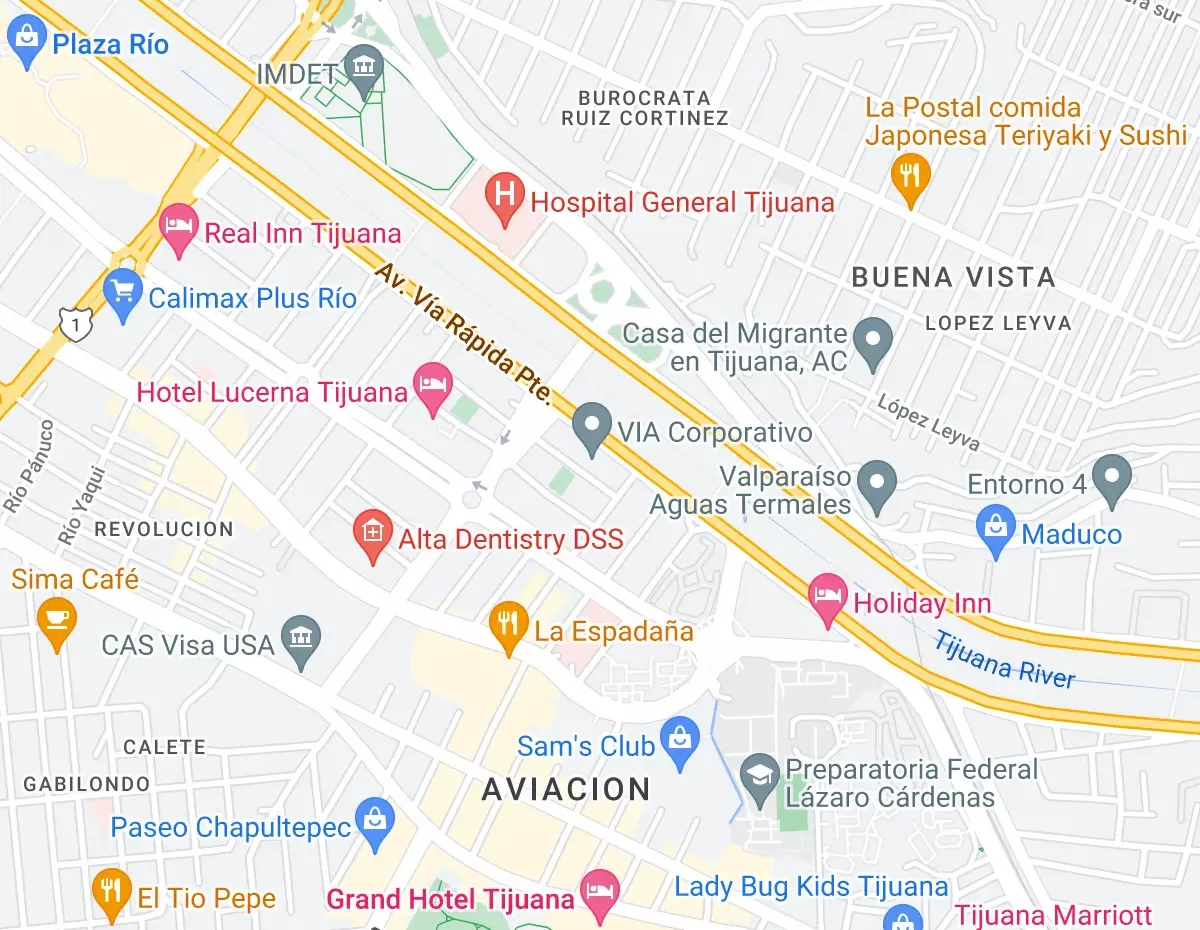You've likely heard about conventional addiction treatments, but have you considered the potential of Ibogaine therapy? Known for its unique approach to addiction, Ibogaine is said to target both the physical and psychological aspects of substance abuse. It's thought to reset addiction-based pathways in the brain and interact with neurotransmitters, potentially improving recovery rates. But how effective is it? And what about the potential challenges? It's certainly worth further exploration.
Key Takeaways
- Ibogaine therapy shows promising results in improving substance abuse recovery rates.
- It effectively targets both physical and psychological aspects of addiction.
- Studies indicate impressive success rates in reducing withdrawal symptoms and cravings.
- It should be part of a comprehensive treatment plan, including psychotherapy, to ensure long-term sobriety.
Understanding Ibogaine Therapy
In your journey to comprehend Ibogaine therapy, it's important to grasp that it's an all-encompassing addiction treatment, pulling its roots from African tribal medicine. Dating back centuries, the history of Ibogaine is enriched with therapeutic uses by indigenous African communities, particularly in Gabon and Cameroon. It was traditionally used in rites of passage and healing ceremonies.
Over time, the substance found its way to the Western world, where it's now considered a groundbreaking treatment for addiction. Keep in mind it's not a magic pill. The therapy involves a holistic process that includes medical supervision, therapeutic support, and follow-up care.
Don't let the challenges deter you. Remember, you're investing in a life free from addiction. Ibogaine therapy isn't just about detoxification. It offers a chance to reset your brain, a kind of 'hard reboot' that helps you break free from destructive habits. It's an investment in your future, a chance to reclaim control. So, when weighing the therapy, consider it against the cost of a life shackled by addiction.
Chemical Mechanism of Ibogaine
To truly understand how Ibogaine works, you've got to explore its chemical mechanism. Extracted from the roots of the West African shrub Tabernanthe iboga, Ibogaine sourcing is a critical component of its therapeutic use. Once in your system, it targets various neurotransmitters in your brain, particularly those involved in addiction patterns.
Ibogaine functions by resetting and revitalizing the brain's addiction-based pathways. It achieves this by interacting with several neurotransmitter systems simultaneously. It's thought to reduce cravings and withdrawal symptoms by acting on the opioid receptors, and it's also believed to have impacts on dopamine, serotonin, and glutamate pathways.
The therapeutic dosage is another essential aspect to contemplate. Too little and it might not have the desired effect; too much could be dangerous. The best dosage varies depending on the individual's body weight and the severity of their addiction. It's also important to note that Ibogaine therapy isn't a quick fix. It's the starting point in a long journey toward recovery, which also requires psychological support and lifestyle changes.
Efficacy in Treating Substance Abuse
Now, let's turn your attention to Ibogaine's effectiveness in tackling substance abuse. You'll be interested in understanding the recovery rates with this treatment and the mechanisms that boost its efficacy. It's pivotal to grasp these aspects to comprehend how impactful Ibogaine therapy can be.
Substance Abuse Recovery Rates
Remarkably, you'll find that Ibogaine therapy has shown promising results in improving substance abuse recovery rates. It's a potential game-changer in the world of addiction treatment, especially when you consider the addiction stigma and treatment affordability. Overcoming addiction is no small feat. Often, the stigma surrounding addiction can create obstacles on your recovery journey. This is where Ibogaine comes in. It provides a ray of hope, offering an affordable yet effective treatment. Unlike traditional methods, Ibogaine therapy targets both the physical and psychological aspects of addiction, enhancing the chances of long-term recovery. Remember, it's not just about getting clean; it's about staying clean. And with Ibogaine therapy, you're given a better chance at a substance-free life.
Ibogaine Therapy Mechanisms
So, how does Ibogaine therapy help in treating addiction? Derived from the African Tabernanthe Iboga plant, the origins of Ibogaine are rooted in traditional spiritual practices. But today, it's used therapeutically for substance abuse. The key lies in its all-encompassing ability to reset and normalize the brain's neural pathways disrupted by addiction.
When administered in a thorough dosage, Ibogaine can reduce withdrawal symptoms and cravings. It also induces a psychoactive state, often leading to reflective experiences that help you address underlying issues fueling your addiction. However, it's not a silver bullet. Ibogaine treatment should be part of a holistic addiction treatment plan, including psychotherapy. Remember, it's a potent substance and should only be taken under medical supervision.
Future Prospects of Ibogaine Therapy
Peering into the future, it's clear you're likely to see a shifting landscape in the field of Ibogaine therapy. The prospects are exciting, with two key areas of particular interest: Ibogaine's affordability and cultural acceptance.
As research progresses, it's anticipated that more effective and refined methods of producing Ibogaine will be developed. This could make the therapy more affordable, potentially broadening its reach to those who need it but can't afford it. It's a significant prospect that could revolutionize addiction treatment.
But it's not just about affordability. Cultural acceptance is another major factor. Despite its potential benefits, Ibogaine therapy isn't widely accepted yet. However, as more success stories surface and awareness about the therapy increases, societal attitudes will likely shift. This shift could lead to more widespread acceptance and more people benefiting from the treatment.
In a nutshell, the future of Ibogaine therapy looks promising. With increased affordability and cultural acceptance, it's believed that this unconventional therapy could become an essential tool in the fight against addiction. But remember, this is the future we're talking about. Nothing is certain until it happens.
Conclusion
So, you've learned about Ibogaine therapy, its chemical workings, and its impressive effectiveness in treating addiction. It's a promising tool, but it isn't without challenges or regulatory considerations like any treatment. Still, with its potential to fundamentally reshape addiction pathways, Ibogaine therapy could represent a bright future in addiction recovery. Remember, it's most effective as part of a holistic treatment plan. At New Roots Ibogaine, we believe in the transformative power of Ibogaine therapy for addiction recovery.




